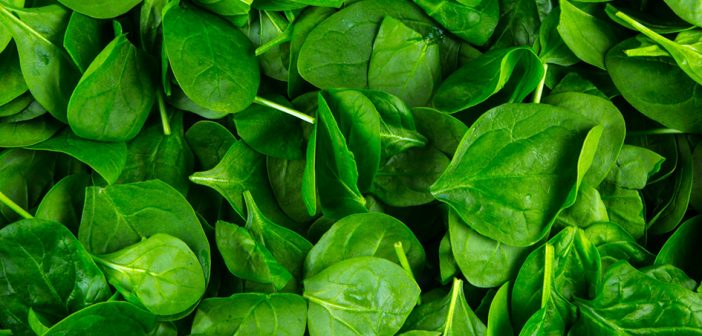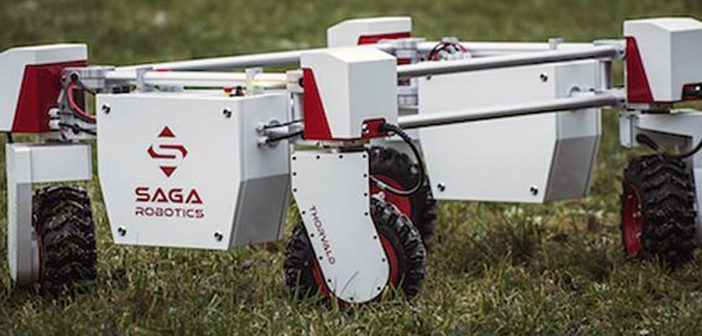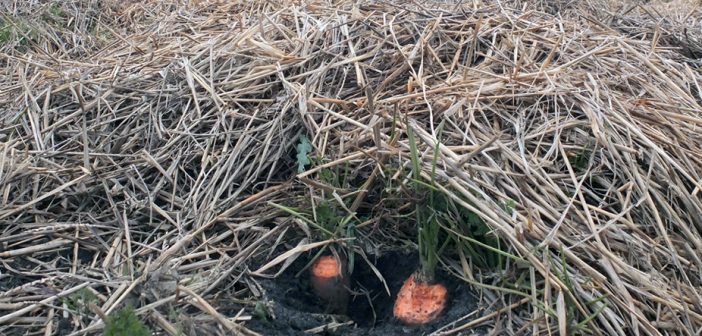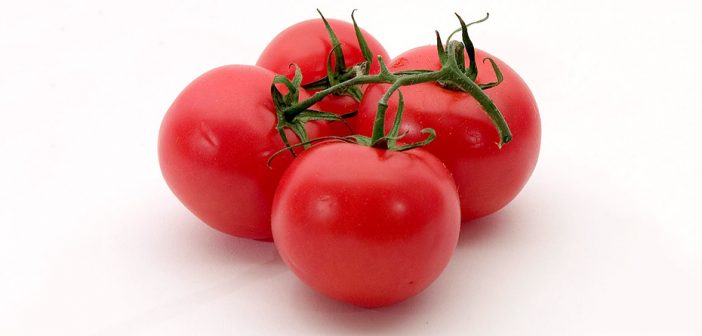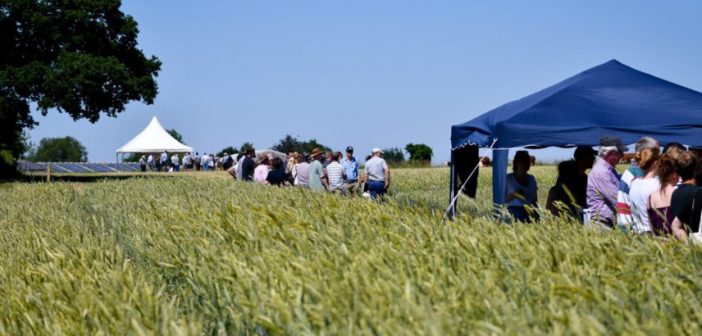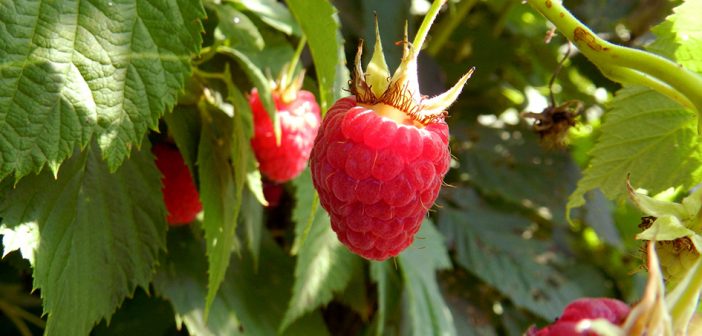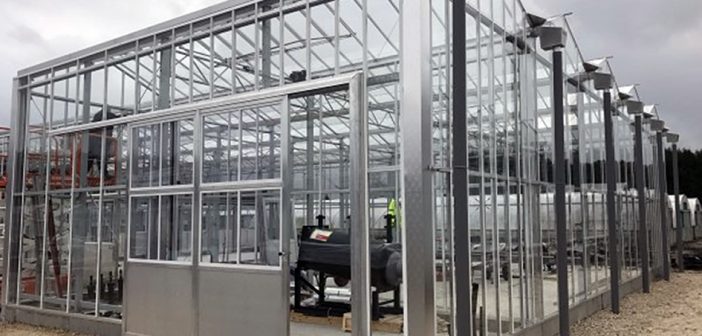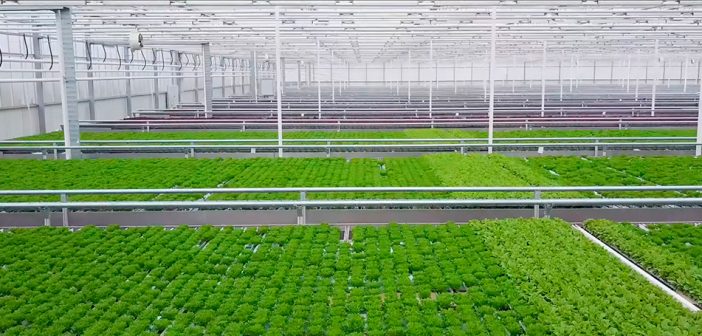Different materials need different types of heat exchanger. For the simplest fluids such as water and milk, plate heat exchangers are often sufficient, but as products become more challenging (for example more viscous, or containing particles), then different types of tubular and scraped surface heat exchangers are required. For those products with extremely high fouling potential, or those which benefit from constant agitation (for example to keep solid particles in suspension), then the HRS R Series of rotating scraped surface heat exchangers is ideal.
Designed for both sanitary and industrial applications, the R Series from HRS Heat Exchangers uses a rotary scraper rod which is capable of reaching velocities of 300 rpm, providing high levels of shear and mixing at the heat transfer surface which dramatically increases heat transfer rates. This makes it particularly suitable for challenging heat transfer applications, such as those where the product has the potential to crystallise during processing or where aeration is required.
The scraper rod features both a helical mixing spiral (which reduces the pressure drop in the tube) and a series of scraper blades. Together these provide a continuous scraping action which mixes highly viscous products and reduces fouling. The unique design enables high viscosity products to be pumped with reduced back pressure and lower energy use, in a compact unit which features a much smaller footprint than traditional heat exchangers for similar applications.
A unique gearbox design not only reduces noise, but also allows multiple tubes to be fitted inside a single shell from a single electrical drive, further increasing the available heat transfer area within the same shell footprint and aiding maintenance. Cleaning and maintenance is further improved by the unique sealing system used in the R Series which allows individual tubes to be removed for easy servicing and replacement if necessary.
Thanks to its helical spiral, in many applications the R Series can also be run in reverse, enabling much valuable product to be recovered before routine cleaning or product change-over without the need for additional pigging or flushing systems. Not only does this reduce costs and complexity, but saving product adds dollars to the bottom line.
HRS International Sales & Marketing Director Matt Hale comments: “Normally, when processing viscous or sticky products such as honey, syrups and purées, a certain amount will adhere to surfaces. This greatly reduces heat transfer, meaning that longer exposure is required to compensate. With its clever scraper design the R Series overcomes this problem, and also reduces product losses which can soon add up. For example, product lost during processing is estimated to account for 3% of total losses in the US dairy industry. The R Series can be emptied of the majority of the product without the need for any additional pumps or pressure systems, reducing both capital- and running-costs.”
The HRS R Series is available in two lengths (1 and 2 meters) and with one-, three- or six-tube options providing a range of surface areas between 0.35 and 4.2 m2. For larger installations multiple units can be combined in series and units can be mounted horizontally or vertically and internal baffles can be specified within the tubes to overcome situations where shell-side flow may be limited. This also means that it is possible to obtain complete counter-current flow between the shell-side and tube-side fluids for multi-pass designs. In other situations, such as condensing (e.g. stem heating) and evaporating (e.g. ammonia cooling) the baffles are not used, in order to improve performance.
The R Series is suitable for a range of uses in the food processing and cosmetic industries, including heating, cooling, pasteurisation, crystallisation and evaporation.
“For some materials, such as curd production in the dairy sector and many concentrated products and creams, increased turbulence is beneficial,” adds Matt. “With its small footprint, ease of maintenance and the ability to recover product, in these situations the unique design of the HRS R Series offers a number of advantages over other heat exchangers on the market.”

The post Unique R Series scraped surface heat exchanger solves viscous product challenges appeared first on HRS Heat Exchangers on 19 June 2018.
